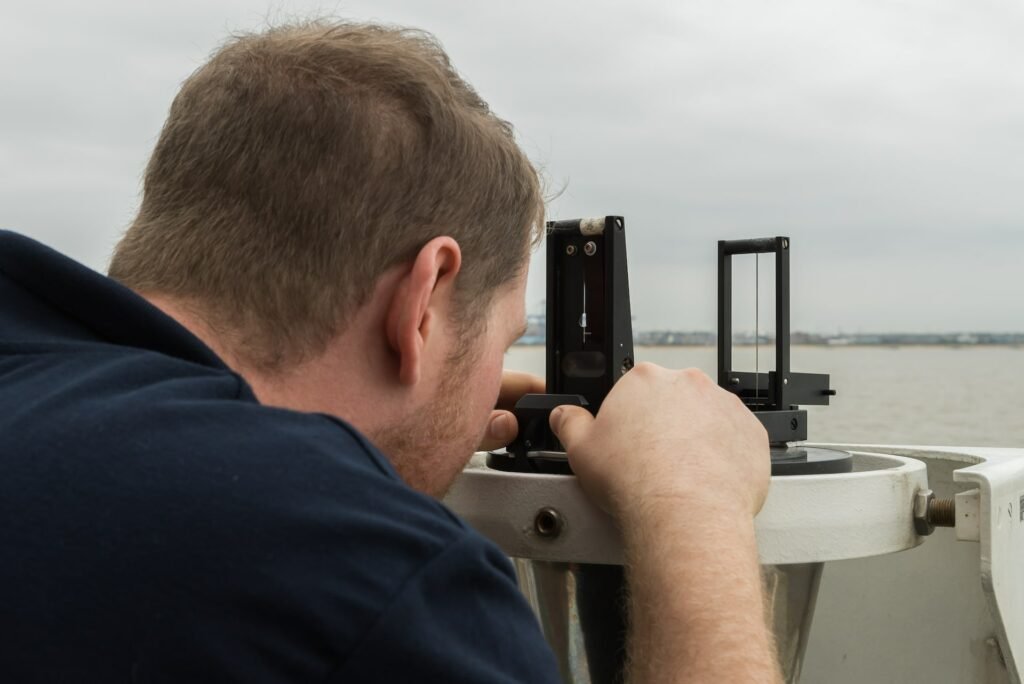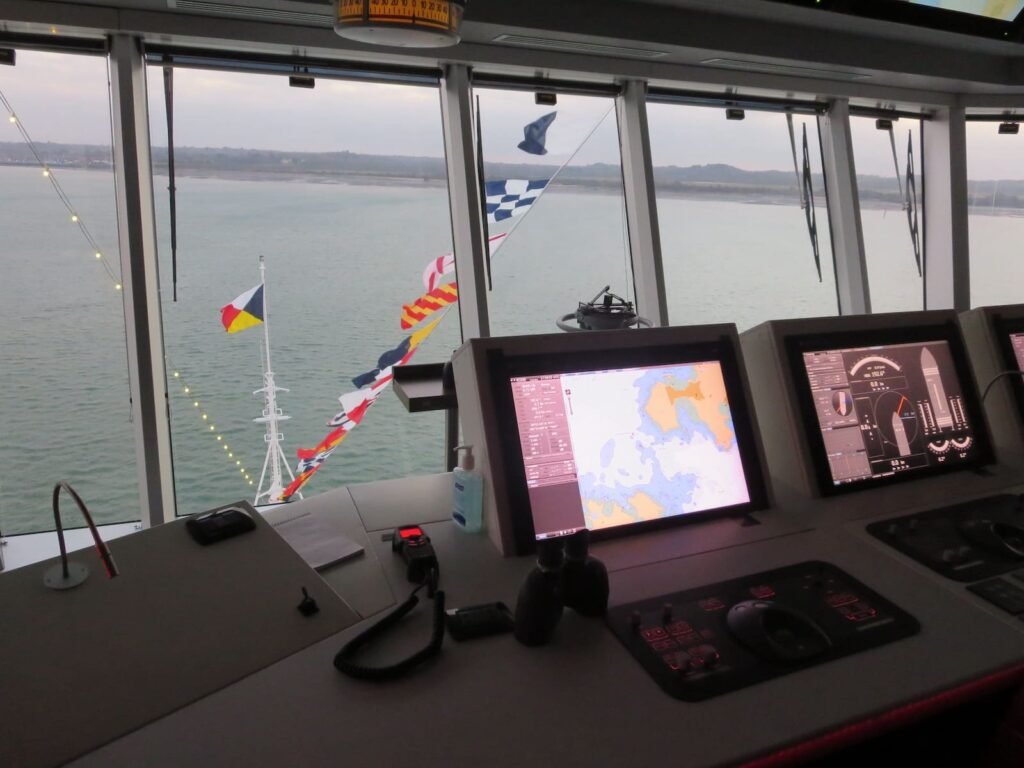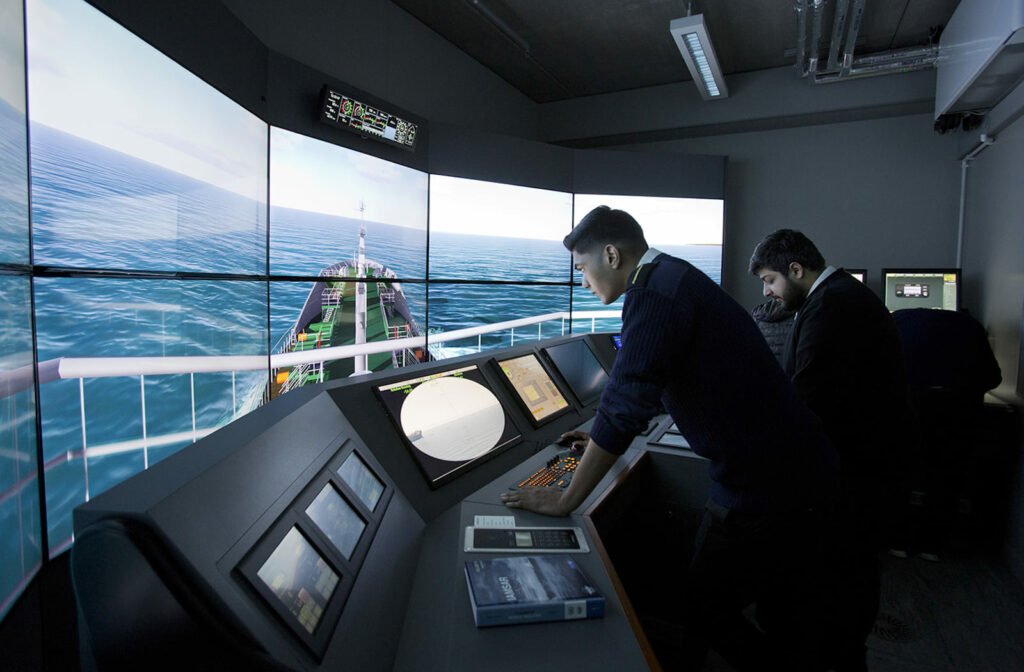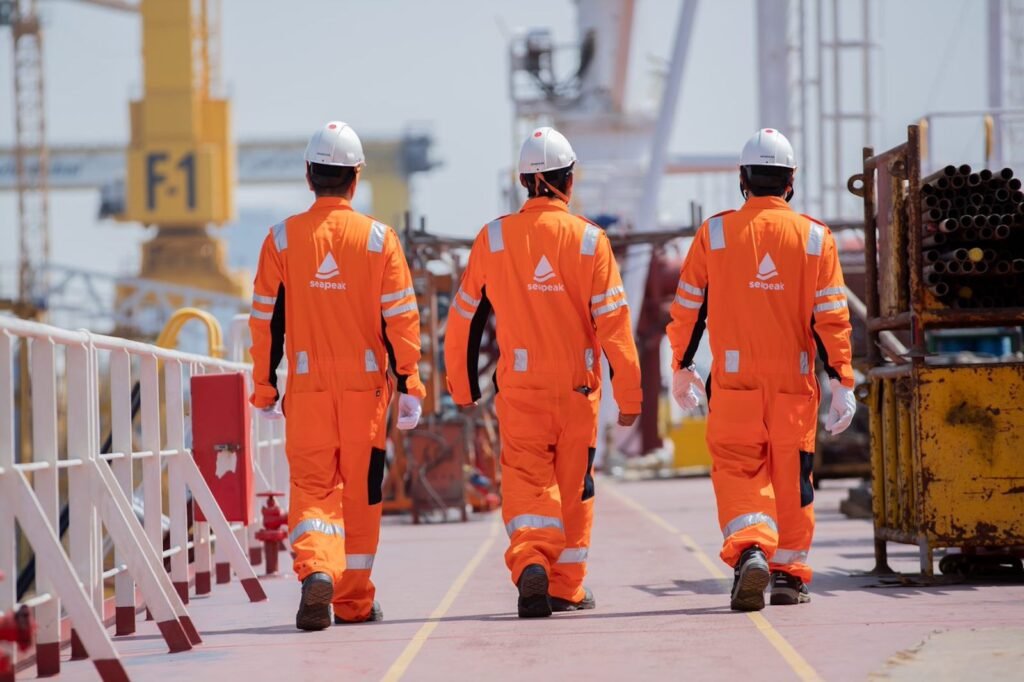STCW Training Courses
SCROLL DOWN
STCW Training Courses
The International Convention on Standards of Training, Certification and Watchkeeping for Seafarers (otherwise known as STCW) is legally binding for signatory countries. The convention gives minimum legal standards for qualifications and training at sea. In short, Captains, officers, watchkeepers, and crew must all complete varying levels of MCA STCW training courses.
Overseen by the International Maritime Organisation (IMO), STCW was originally ratified in 1978 but major amendments were agreed in 1995 (STCW ’95). Further major revisions to the STCW Convention were subsequently adopted by IMO in Manila in June 2010 to ensure that the necessary global standards are in place to train and certify seafarers to operate technologically advanced ships.
Known as ‘The Manila amendments to the STCW Convention and Code’, these amendments came into force on 1 January 2012, with the new STCW 2010 training and certification requirements being adopted from July 2013.


Known as ‘The Manila amendments to the STCW Convention and Code’, these amendments came into force on 1 January 2012, with the new STCW 2010 training and certification requirements being adopted from July 2013.
For further information, please select the appropriate link below:
What career are you interested in?

No matter what career path you choose, we will find the right place for you!
A six-part television programme produced by Scottish Television in conjunction with CareersatSea.org provides some very useful insights in to working at sea in the Merchant Navy:
Further information for you to consider
Additional information about maritime careers is available from the following industry sources:
Ready for the next step?
For further information about maritime careers, please contact us at: [email protected]
Once you are ready to apply for a cadetship, please email your application letter and Curriculum Vitae (CV) to us at: [email protected], and confirm your preferred training discipline (i.e. Deck Cadetship, Engineer Cadetship, METO Cadetship or Hotel Trainee).
